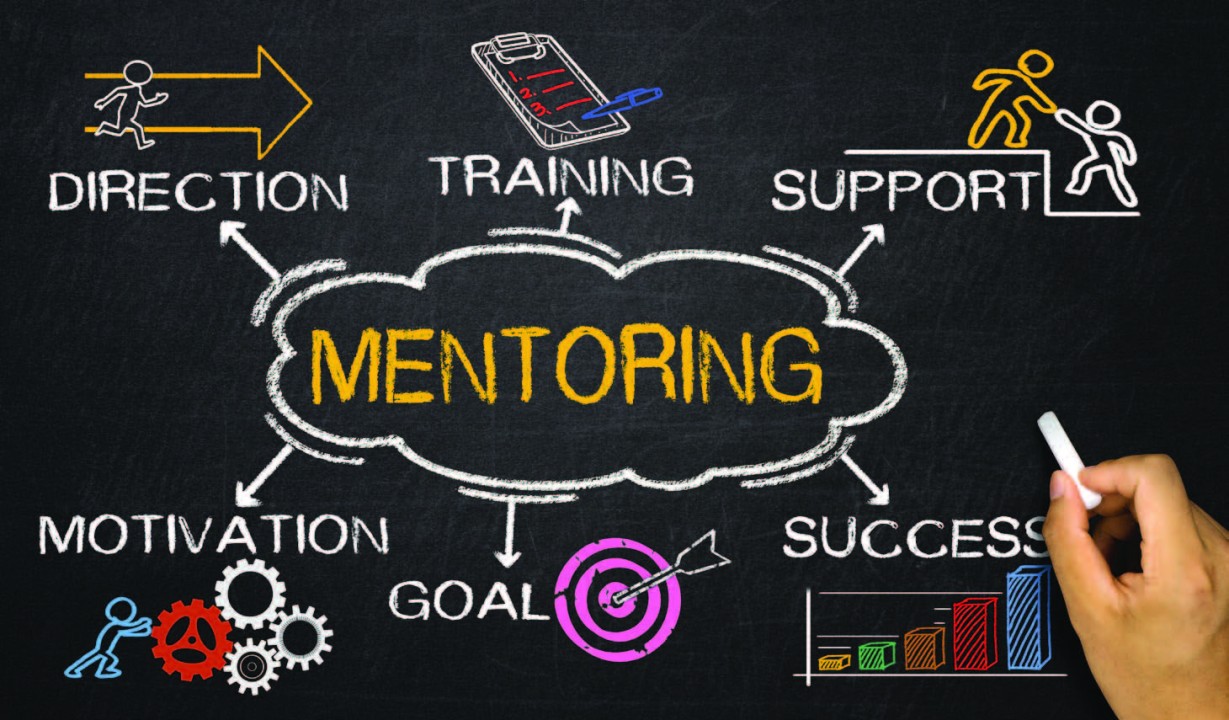Building Mentorship Programs in Organizations
Structured guidance that transforms individual potential into organizational strength
The Strategic Value of Mentorship
In today's rapidly evolving business landscape, organizations face dual challenges: developing talent quickly enough to meet market demands while preserving valuable institutional knowledge. Structured mentorship programs address both challenges by:
- Accelerating professional development through guided experience
- Transferring tacit knowledge that can't be documented in manuals
- Building organizational resilience through stronger internal networks
- Improving retention by deepening employee engagement
- Reinforcing organizational values through lived experience
Our comprehensive program at Al Mithaq Institute provides HR professionals and organizational leaders with proven frameworks for establishing mentorship initiatives that deliver measurable results aligned with strategic objectives.
Core Components of Effective Mentorship Programs
Strategic Alignment
Design mentorship programs that directly support organizational priorities while meeting developmental needs of participants.
Structured Matchmaking
Implement sophisticated matching methodologies that create productive mentor-mentee relationships based on goals, experience, and interpersonal dynamics.
Program Infrastructure
Establish clear guidelines, communication channels, and support resources that sustain mentorship relationships through their natural lifecycle.
Impact Measurement
Develop metrics and evaluation frameworks that demonstrate program effectiveness and inform continuous improvement.
Mentorship Program Design Framework
Our program guides you through a comprehensive approach to mentorship program design:
- Conduct organizational needs assessment
- Define clear program objectives and success metrics
- Design program structure and operational guidelines
- Develop mentor/mentee selection and matching processes
- Create training and orientation materials
- Establish ongoing support mechanisms
- Implement evaluation and improvement processes
Program Formats and Models
Our course explores various mentorship models, helping you select and adapt approaches that fit your organizational context:
Traditional One-to-One
Pairing experienced professionals with developing talent for personalized guidance and support
Group Mentoring
One mentor working with multiple mentees, ideal for specific skill development or resource constraints
Peer Mentoring
Colleagues at similar career stages supporting each other in developmental areas
Reverse Mentoring
Junior staff mentoring senior leaders in specific areas like technology or emerging market trends
Flash Mentoring
Brief, focused mentoring sessions addressing specific challenges or development areas
Virtual Mentoring
Technology-enabled mentoring relationships that transcend geographical limitations
Selecting the Right Format
We guide organizations through a methodical process for selecting and customizing mentorship models based on:
- Organizational culture and readiness
- Available resources and constraints
- Specific development objectives
- Participant demographics and preferences
Hybrid Approaches
Learn how to combine elements from multiple models to create tailored programs that address complex organizational needs while maximizing resource efficiency and participant engagement.
Implementation Strategies and Best Practices
Securing Organizational Support
Strategies for gaining executive sponsorship and addressing stakeholder concerns through compelling value propositions.
Mentor and Mentee Selection
Methodologies for identifying effective mentors and assessing mentee readiness to ensure productive relationships.
Training and Preparation
Essential content for orienting participants to program objectives, expectations, and effective mentorship practices.
Program Management
Practical approaches to administering mentorship programs, including resource allocation, scheduling, and communication plans.
Common Implementation Challenges
Measuring Program Impact
Demonstrating the value of mentorship initiatives requires thoughtful measurement approaches. Our program provides frameworks for:
Quantitative Metrics
- Retention rates among participants vs. non-participants
- Promotion rates and time-to-promotion
- Employee engagement scores
- Skills assessment before and after program
- Number of internal promotions filled from participant pool
Qualitative Assessments
- Participant satisfaction surveys
- Career development narratives and case studies
- Manager observations of behavioral change
- Focus groups with program participants
- Knowledge transfer assessment
Return on Investment Analysis
We provide practical frameworks for calculating the ROI of mentorship programs, including:
- Cost modeling for program implementation
- Conversion of retention improvements to financial savings
- Valuation of accelerated skills development
- Calculation of productivity gains
- Long-term talent pipeline valuation
Who Should Attend
HR Professionals
Who are responsible for talent development and organizational effectiveness initiatives
Learning & Development Specialists
Who design and implement professional development programs
Organizational Leaders
Seeking to establish or enhance mentorship initiatives within their teams
Prerequisites
This program is designed for professionals with:
- Basic understanding of organizational development principles
- Some experience in talent management or leadership development
- Responsibility for or interest in implementing mentorship initiatives
Why Study Mentorship Program Development at Al Mithaq Institute
Evidence-Based Approaches
Learn mentorship program design principles grounded in organizational psychology research and best practices
Practical Application
Develop a complete mentorship program implementation plan specific to your organizational context
Comprehensive Resources
Receive templates, checklists, and tools that simplify the program development and management process
KHDA Accreditation
Earn a recognized credential from Dubai's Knowledge and Human Development Authority
Frequently Asked Questions
How long does it take to establish an effective mentorship program?
While basic programs can be launched within 2-3 months, comprehensive initiatives typically require 4-6 months for proper design, stakeholder alignment, and participant preparation. Our course provides implementation timelines that can be customized based on organizational size and complexity.
How do we incentivize busy professionals to participate as mentors?
Our program covers multiple incentive approaches, including recognition systems, integration with performance management, development opportunities for mentors, and creating structures that make participation manageable for busy professionals. The key is aligning mentor benefits with organizational values and individual motivations.
Can mentorship programs work in hierarchical organizations?
Yes, mentorship programs can succeed in hierarchical structures, though they require careful design considerations. We address strategies for navigating power dynamics, creating psychological safety, and establishing appropriate boundaries in traditional organizational cultures.
What technology platforms best support mentorship programs?
While dedicated mentorship software platforms offer comprehensive features, many organizations successfully use combinations of existing tools (e.g., meeting schedulers, communication platforms, document sharing). Our course reviews available technology options across price points and provides evaluation frameworks for selecting solutions appropriate to your needs.
Ready to Transform Your Organization's Approach to Professional Development?
Join our Building Mentorship Programs course and gain the expertise to design, implement, and manage initiatives that accelerate talent development while strengthening organizational culture.







